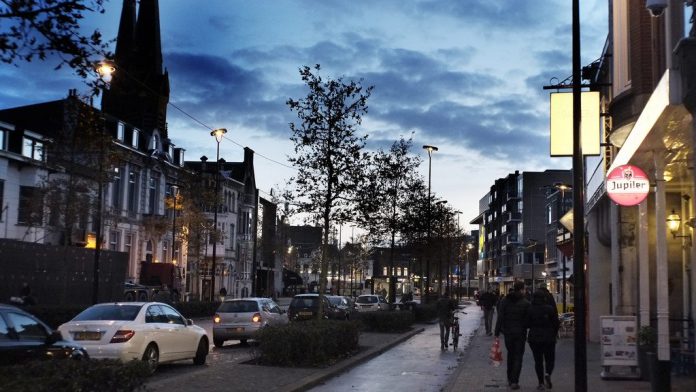The IoT platform will allow Tilburg municipal government to manage air and water quality and measure sound levels
The Council of the Dutch city of Tilburg has selected Ericsson and Spanish firm Libelium to set up an IoT platform around the area of Puishaven, in the city center, to control and manage the environmental data.
Under this project, Ericsson has partnered Libelium in order to deploy a complete wireless sensor network to measure different parameters related to air and water quality such as temperature, humidity, pressure, carbon dioxide, nitric dioxide, ozone and particle matter. Related to water quality, the project includes pH and conductivity probes.
Libelium’s sensor network which has been deployed in Piushaven is composed of five smart environment devices, one of them to measure temperature, humidity and pressure, three other sensors to measure carbon dioxide, nitric dioxide, ozone and an additional sensor to measure the particle matter.
Regarding water quality measurement, the network includes two smart water sensors. One of them will collect information on water pH and the other one will collect data on conductivity.
In order to measure sound levels, two smart city sensors were installed. One of them consists of a microphone and the other one is an ultrasound probe, Libelium said.
The Spanish firm said that all sensors are equipped with a 6,600 mAh rechargeable battery which works on solar power provided by a solar panel of 7 V providing a maximum current of 500 mA.
All the collected data is analyzed in the cloud using Ericsson’s IoT Accelerator platform and visualized through a dashboard made to fit customer needs.
The main goal of the project is to provide an open platform where city environmental quality can be monitored. Via analytics tools, Ericsson’s IoT Accelerator platform combines all measured data so new insights can be revealed.
Another key point of this project is sound level monitoring, which can be used to comply with the legal thresholds.
“Tilburg technicians no longer needs to be onsite in this neighborhood to test water and air quality or sound pollution. When complaints come in Tilburg Council can check the dashboard for real-time sound levels and with this data at their fingertips, can also reduce delays in response time”, Mark Damen, innovation and IoT driver at Ericsson, said.

